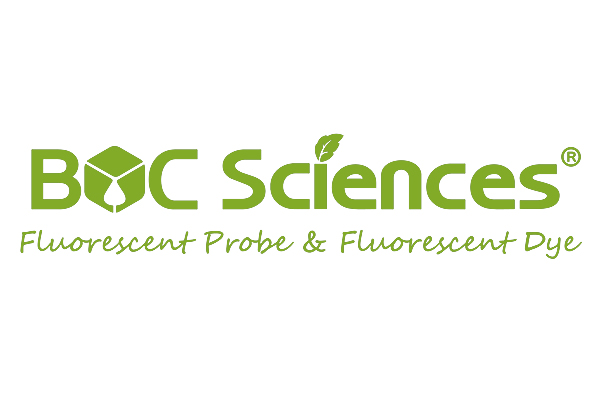
t-Boc-Aminooxy-PEG1-azide | CAS 2100306-67-8
| Catalog Number | R14-0154 |
| Category | Azides |
| Molecular Formula | C9H18N4O4 |
| Molecular Weight | 246.27 |
* Please be kindly noted products are not for therapeutic use. We do not sell to patients.
Product Introduction
t-Boc-Aminooxy-PEG1-azide is a crosslinker containing a t-Boc-aminooxy group and an azide group. The azide group can react with alkyne, BCN, DBCO via Click Chemistry to yield a stable triazole linkage. Aminooxy PEG Linkers may be useful in bioconjugation experiments.
Chemical Information
Product Specification
Computed Properties
| Synonyms | Boc-Aminooxy-PEG1-azide; tert-butyl (2-(2-azidoethoxy)ethoxy)carbamate; 2-Methyl-2-propanyl [2-(2-azidoethoxy)ethoxy]carbamate; Carbamic acid, N-[2-(2-azidoethoxy)ethoxy]-, 1,1-dimethylethyl ester |
| Purity | ≥95% |
| IUPAC Name | tert-butyl N-[2-(2-azidoethoxy)ethoxy]carbamate |
| Canonical SMILES | CC(C)(C)OC(=O)NOCCOCCN=[N+]=[N-] |
| InChI | InChI=1S/C9H18N4O4/c1-9(2,3)17-8(14)12-16-7-6-15-5-4-11-13-10/h4-7H2,1-3H3,(H,12,14) |
| InChIKey | YVONOAOFYIVAJF-UHFFFAOYSA-N |
| Solubility | Soluble in DMSO |
| Appearance | Solid Powder |
| Storage | Store at 2-8°C for short term (days to weeks) or -20°C for long term (months to years) |
| XLogP3 | 1.7 |
| Hydrogen Bond Donor Count | 1 |
| Hydrogen Bond Acceptor Count | 6 |
| Rotatable Bond Count | 9 |
| Exact Mass | 246.13280507 g/mol |
| Monoisotopic Mass | 246.13280507 g/mol |
| Topological Polar Surface Area | 71.2Ų |
| Heavy Atom Count | 17 |
| Formal Charge | 0 |
| Complexity | 271 |
| Isotope Atom Count | 0 |
| Defined Atom Stereocenter Count | 0 |
| Undefined Atom Stereocenter Count | 0 |
| Defined Bond Stereocenter Count | 0 |
| Undefined Bond Stereocenter Count | 0 |
| Covalently-Bonded Unit Count | 1 |
| Compound Is Canonicalized | Yes |
Recommended Services
Recommended Articles

- Hoechst Dyes: Definition, Structure, Mechanism and Applications
- Mastering the Spectrum: A Comprehensive Guide to Cy3 and Cy5 Dyes
- Fluorescent Probes: Definition, Structure, Types and Application
- Fluorescent Dyes: Definition, Mechanism, Types and Application
- Coumarin Dyes: Definition, Structure, Benefits, Synthesis and Uses
- Unlocking the Power of Fluorescence Imaging: A Comprehensive Guide
- Cell Imaging: Definitions, Systems, Protocols, Dyes, and Applications
- Lipid Staining: Definition, Principles, Methods, Dyes, and Uses
- Flow Cytometry: Definition, Principles, Protocols, Dyes, and Uses
- Nucleic Acid Staining: Definition, Principles, Dyes, Procedures, and Uses
Recommended Products
Online Inquiry


-tri-(azide-peg10-ethoxymethyl)-methanehclsalt.gif)







